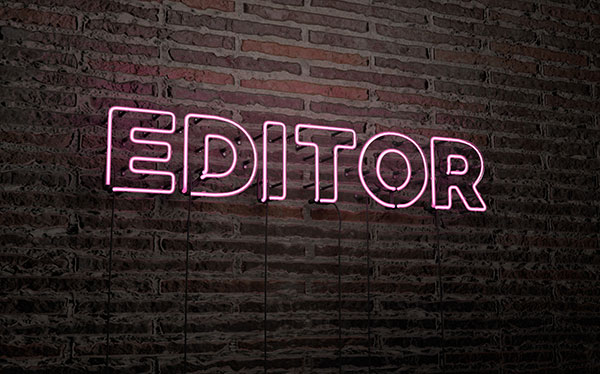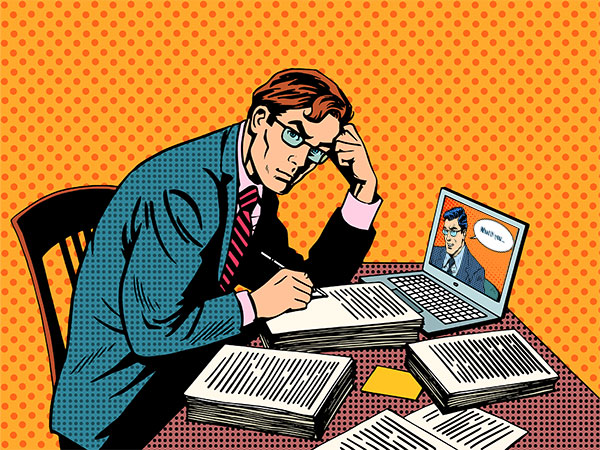With the passing of editor Richard Jackson, and amidst the talk about him, the question quite naturally came up: What makes for a great editor?
My own response is highly subjective. I think every writer would say so. The person who is a good editor for writer X is not necessarily a good editor for writer Y. And writer X’s good editor does not necessarily work well for writer Y. In saying that, we answer part of the original question: a good editor-writer working relationship has multiple emotional factors. Thus, can author and editor communicate well with each other? Do they share the same sense of humor, tragedy, and so forth? Do they share attitudes about gender, race? These things (and there are many more) truly matter, and they are, as I began this essay, highly subjective. The writer/editor writing relationship is a highly personal one, but it is also a business relationship. Profit and loss is a real factor. Does that seem complicated? It is.

But there are—in my experience—other factors. One of the key skills of a good editor is the ability to discern the potential qualities in what has to be an unfinished manuscript. That potential—as seen by the editor—needs to match what the writer hopes (wants) to achieve.
Remember, it is a romantic myth that writers create books alone.
In my experience, good editors never just say, “We can publish that.” They will say, “I can see you doing this, that, and the other thing to make this a successful book,” whatever the genre.
If you agree, fine. If you don’t, say “Thank you, no.” Not long ago I pitched a novel to editor 1. The idea was liked, but the response was “you should need to tell the story this way.” I said “No, thanks,” and took the same pitch to editor 2, who accepted it as I presented it. The annals of children’s literature are full of tales of books turned away, only to go elsewhere and win a Newbery Award. Mind, that which was turned away was not a Newbery book. It became so as editor and writer worked together.
And acknowledge this painful truth: You, the author, may be wrong. And, yes, editors can be wrong.
A good editor (in my experience) makes you see your work in a clearer, sharper light. That editor makes you want to get back to the book and revise. Repeatedly. If an editor suggests something alien to the writer’s goal, it’s a poor fit. That’s not to say the editor is wrong, it’s that, I repeat, it’s a poor fit. But it is painful to work with an editor who doesn’t share your vision. Revising a book to fit someone else’s vision is not much fun.
Indeed, the most difficult kind of editor is the one who sees in your work something that they would like to see, and tries to bend your work accordingly. They are trying to create something for their own purposes. Again they may be right, (it might be for commercial reasons) and if the writer is willing to aim for that, so be it. But if editor and writer are moving in opposite ways, it’s hard. Leave Push-Me-Pull-Yous to Dr. Dolittle.

I have always felt the best part of writer/editor moments occur when textual problems are solved together by talk. That’s when the editorial process is truly exciting. Then it’s all about ideas, and creating exciting literature to reveal them.
The best editors—and Dick Jackson was one of the rare great ones—bring the author’s vision to full fruition. Great editors may be invisible, but it doesn’t say they aren’t there. They are.